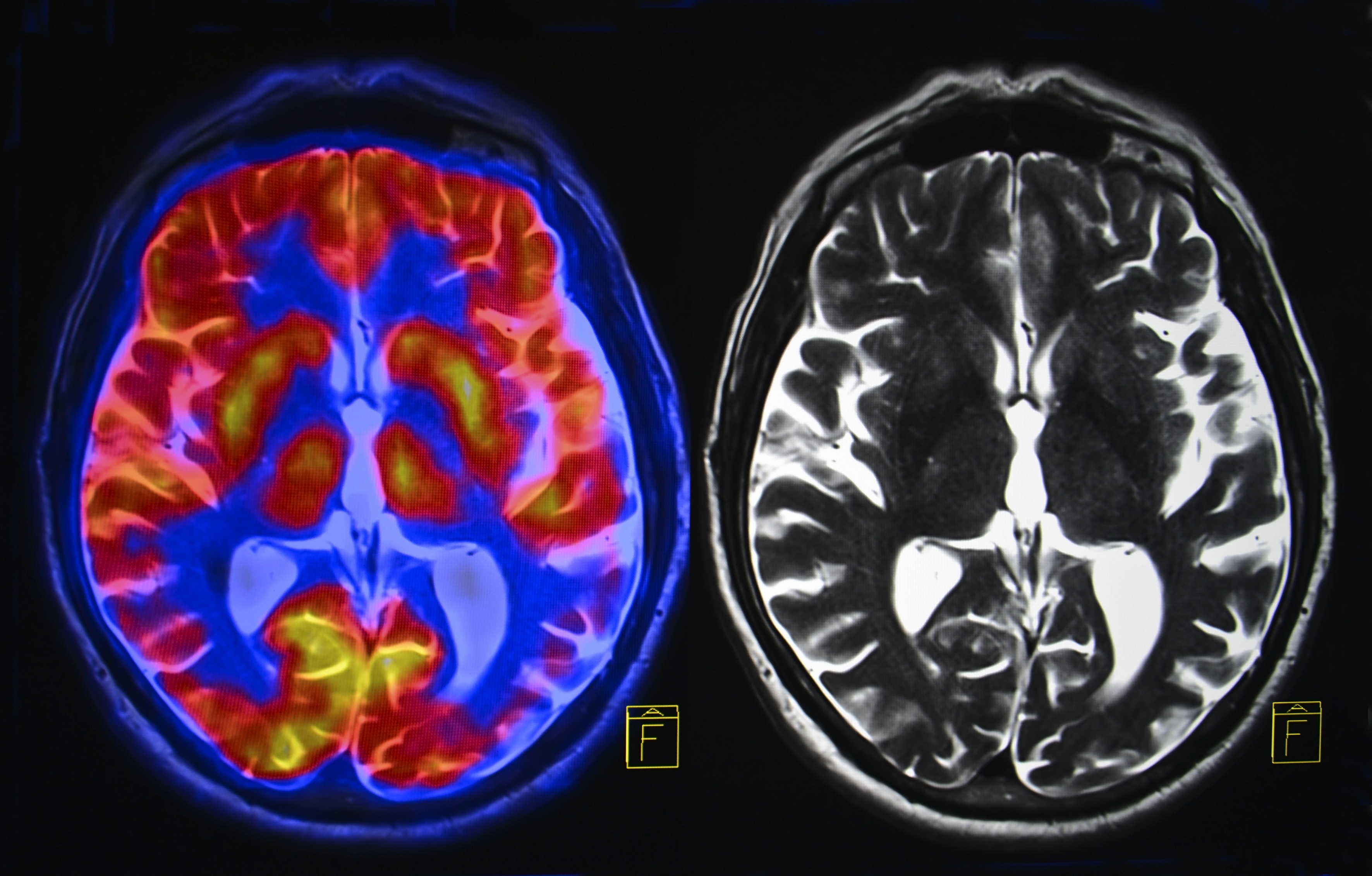Clinical Trial Supported by $2.1M ADDF Grant to Test Cancer Treatment in Alzheimer’s Patients

The Alzheimer’s Drug Discovery Foundation (ADDF) announced that a Georgetown University Medical Center researcher has been awarded a $2.1 million grant to conduct a Phase 2 clinical trial of low-dose nilotinib (Tasigna, a cancer therapy) in patients with Alzheimer’s disease.
The grant was awarded as part of the ADDF’s initiative “Learning from Cancer Advance Treatments for Neurodegenerative Diseases,” launched in 2015 with the goal of developing new therapies and testing existing cancer therapies for their potential in treating Alzheimer’s.
Nilotinib is approved by the U.S. Food and Drug Administration (FDA) as a treatment for adult chronic myeloid leukemia (CML).
Scott Turner, MD, PhD, who won the grant, will lead the Phase 2 trial evaluating nilotinib’s safety and tolerability in about 42 Alzheimer’s patients. Other objectives include measuring whether the drug reduces inflammation and the presence of beta-amyloid and tau in spinal fluid, and evaluating patient response to tests of functional and cognitive abilities.
The study is expected to begin this year, with patients randomized to receive an escalating dose of nilotinib or placebo in a 1:1 ratio.
In previous preclinical studies of nilotinib, a team of Georgetown researchers found that the drug targeted neuroinflammation and misfolded proteins — two of the underlying causes of Alzheimer’s — to potentially reduce cognitive impairment. Nilotinib was seen to trigger a process that removes the toxic proteins tau and beta-amyloid from the brain before they gather into plaques and tangles. This process is called autophagy.
The preclinical research was led by Charbel Moussa, a scientific and clinical research director for Georgetown’s Translational Neurotherapeutics Program, who will be a co-investigator in the Alzheimer’s trial. Moussa is among the scientists listed on a Georgetown patent application related to the use of nilotinib and other tyrosine kinase inhibitors to treat neurodegenerative diseases.
“Nilotinib seems to activate the cell’s garbage disposal machine, reduce plaques and tangles and reverse cognitive decline in animal models of Alzheimer’s disease. We hope that this trial will clarify the effects of nilotinib in Alzheimer’s patients,” Moussa said in a press release..
Added Turner: “By stimulating the brain’s normal autophagic process, which clears out these misfolded proteins in cells, we hope to prevent or slow the progression of Alzheimer’s. In fact, nilotinib may be a first — a broad-spectrum anti-neurodegenerative drug that targets all misfolded protein aggregates that accumulate in the brain of Alzheimer’s patients. By targeting both amyloid and tau, this study may point the way to a new strategy in Alzheimer’s disease treatment.”
Turner is co-medical director of the Translational Neurotherapeutics Program and director of Georgetown’s Memory Disorders Program.






